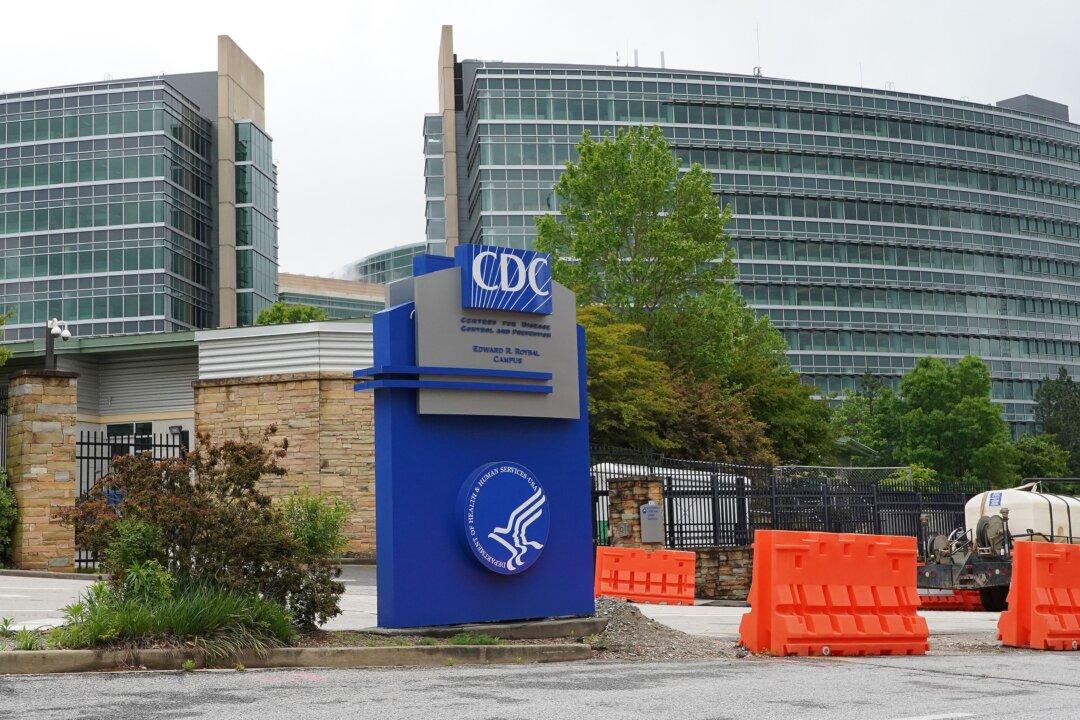A measles outbreak in Ohio has infected at least 82 children and left 32 hospitalized, said Columbus Public Health in an update posted Dec. 30.
Health officials said weeks ago that they began investigating after a child became infected at a childcare facility in Franklin County, later saying that cases have been reported at a number of different locations. They include a Dollar Tree, a mall, a church, and other locations.





